Should I Give My Child Probiotics?
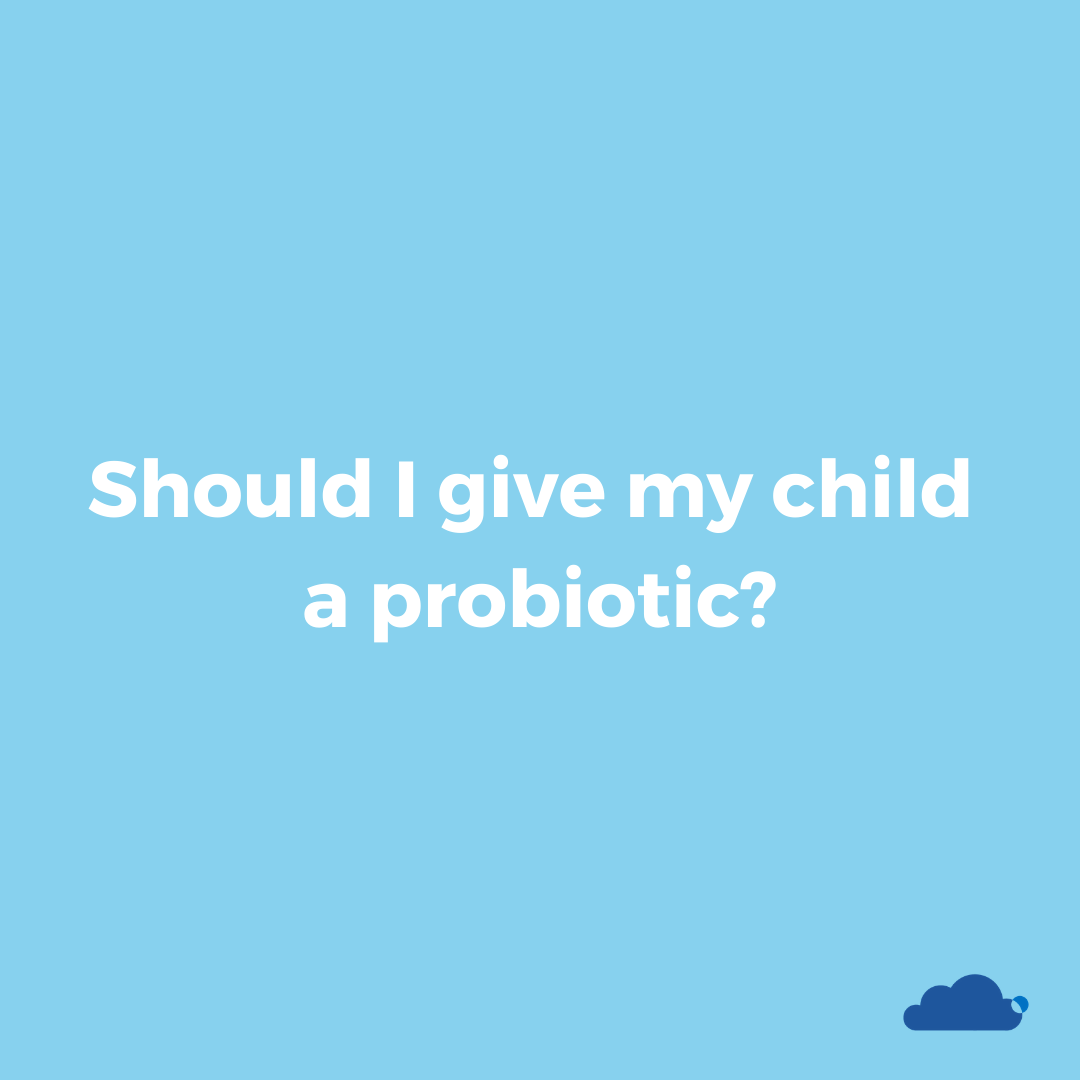
Probiotics are popular in today’s day and age. It seems that everyone is either taking them or talking about them. Many adults have a bottle of probiotic capsules in their fridge or medicine cabinet. But what about children? Are probiotics equally as beneficial for children as they are adults? In this post, we’ll explore the use of probiotics in children.
What are probiotics exactly?
Probiotics are “good” bacteria that aid in the health of your microbiome or gut flora. Research has shown that probiotics improve vitamin absorption, digestion and development of a healthy immune system.
Why is it important to have a healthy microbiome or gut flora?
Your gut microbiome is made up of trillions of bacteria types that play a vital role in your immune health. The gut microbiome is a delicate equilibrium of unhealthy and healthy microbes that impact weight, blood sugar and high cholesterol.
Studies show that if you have too much bad bacteria in your microbiome, you’re more likely to have digestive disorders, such as Crohn’s disease, irritable bowel syndrome (IBS) and ulcerative colitis. Probiotic supplements add more good bacteria into the gut microbiome, which helps to keep the bad bacteria in check. This strengthens the gut microbiome, boosting your immune health.
Can I get probiotics from food alone?
Probiotics are found in food, such as yogurt, sauerkraut, pickles and some types of cheeses. While getting nutrients from whole foods first is essential, a child might not always get enough probiotics from food alone. That’s where a probiotic supplement steps in.
Administering a probiotic to your child is the fastest and most effective way to treat his or her immune system. However, it’s important to read about the strains of a particular probiotic before choosing one, as there are different probiotic strains that treat different symptoms. The variety of symptoms a probiotic might target are Irritable Bowel Disease (IBD), antibiotic-associated diarrhea, infectious childhood diarrhea or ulcerative colitis.
Many parents and caretakers have been relieved to find Colic Calm Probiotic, which includes 5 strains with no synthetic ingredients, allergens or side-effects. Colic Calm Probiotic has 5 key strains that are specific to helping with colic and intestinal issues:
1. B.bifidum has been shown to normalize bowel movements and improve symptoms of bloating, gas, diarrhea and abdominal pain.
2. B.Lactis UABla-12™ has been shown to support immune health in infants by improving microbiome functionality, respiratory tract health, intestinal microbiota and atopic dermatitis.
3. L. acidophilus is a naturally occurring bacteria in your intestines that is used to improve symptoms of lactose intolerance. This strain has also been shown to improve stool regulation and consistency as well as constipation.
4. L. reuteri is a naturally occuring bacteria in your gastrointestinal tract. This strain is one of the most well studied strains and promotes overall health, reduces infections, highers nutriet absorption and improves food tolerance.
5. L. rhamnosus supports a variety of digestive health issues as well as immune health and skin and oral health.
What age is safe to give my child Colic Calm Probiotic?
Colic Calm Probiotic is safe to use from birth as it has no synthetic ingredients. The five strains are clinically researched specifically toward infant digestive support. The best part about the probiotic is that there is no age limit. Newborns, children, teens and adults alike can utilize Colic Calm Probiotic for immune support.
Probiotics can be an excellent way to treat infant and child digestive symptoms. As always, you should consult your pediatrician before giving your child any medications or supplements.
 Canada
Canada South Africa
South Africa UK
UK EU & Int
EU & Int Ireland
Ireland Australia
Australia Brazil
Brazil New Zealand
New Zealand



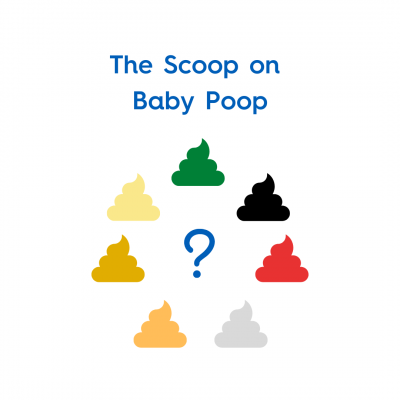

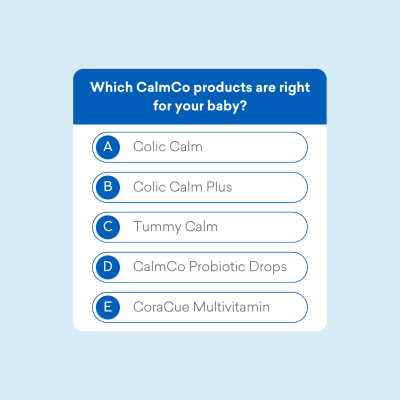
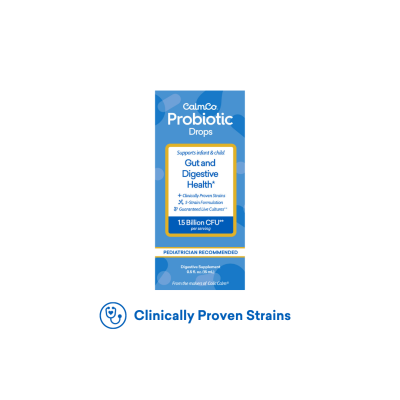



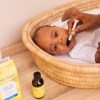
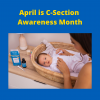
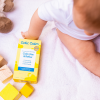



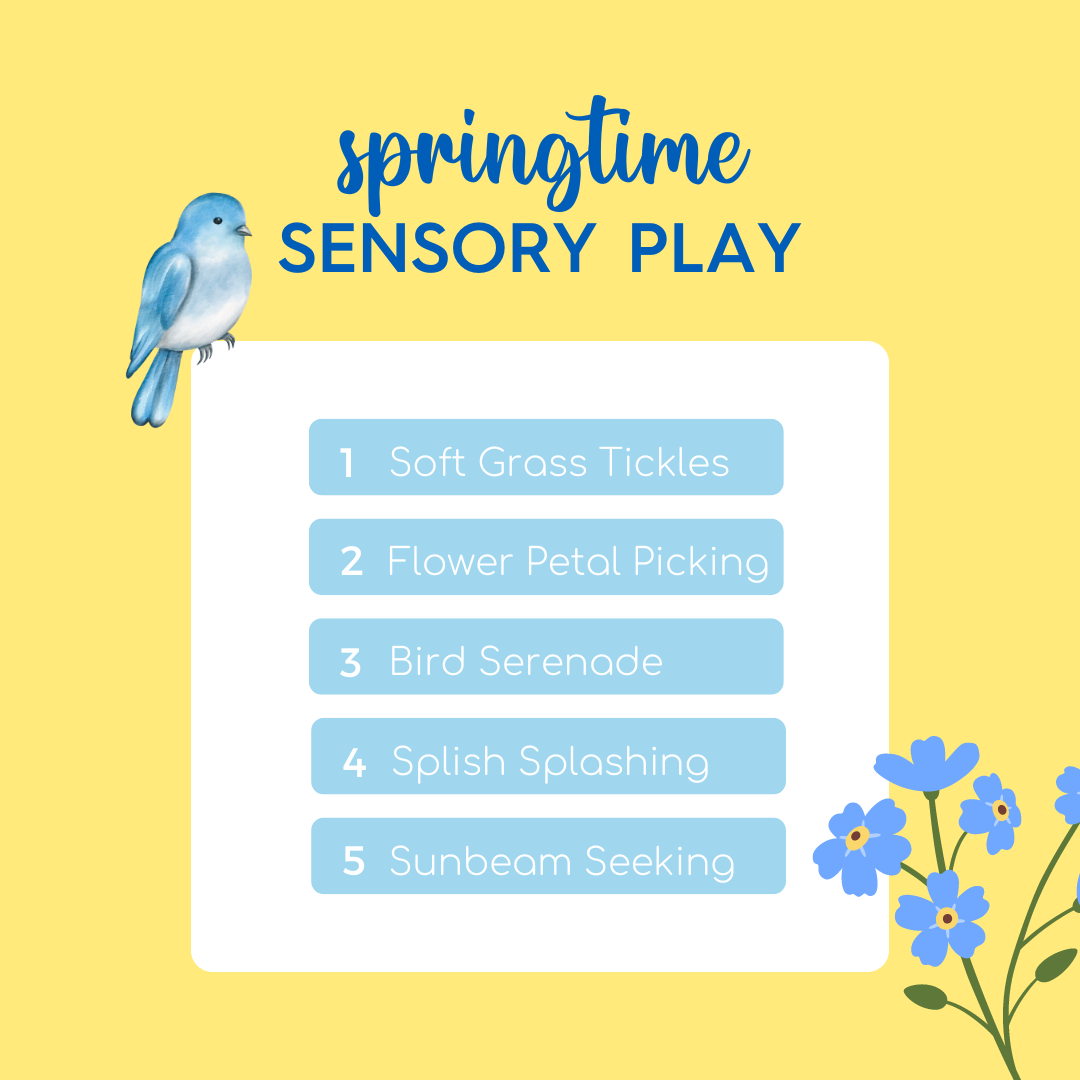

Comments